Priya Patel v. State of M.P. (2006)
SECONDARY_KEYWORDS: women liability in rape, common intention, Supreme Court (2006), criminal law

Quick Summary
In Priya Patel v. State of M.P. (2006), the Supreme Court of India answered a narrow but important question: can a woman be prosecuted for gang rape under Section 376 read with Section 34 of the Indian Penal Code (IPC)? The Court said no. Rape under Section 375 is an act that the law recognises can be done only by a man. Because Section 34 requires a common intention to commit that very act, a woman cannot be said to share the intention to “commit rape.”
Issues
- Whether a woman can be prosecuted for gang rape under Section 376(2) read with Section 34 IPC.
Rules
- Section 375 IPC (Rape): Defines rape as an act committed by a man.
- Section 376(2) IPC (Gang Rape): Enhanced liability where rape is committed by multiple persons acting together.
- Section 34 IPC (Common Intention): Requires that the criminal act be done in furtherance of the common intention to commit that act. For rape, that intention is the intention to commit rape.
Key point: A woman cannot, in law, have the intention to commit the physical act of rape as defined by Section 375 IPC.
Facts (Timeline)

Arguments
Appellant (Wife)
- A woman cannot, by definition in Section 375 IPC, commit the act of rape.
- Since Section 34 needs common intention to commit the same act, she cannot share the intention to “commit rape.”
Respondent (State)
- Her conduct (slapping the victim, closing the door) facilitated the offence.
- Therefore, she should face liability connected to the rape as part of a group action.
Judgment

Held: A plain reading of Section 375 IPC shows that only a man can commit rape. For Section 376(2) read with Section 34 IPC (gang rape with common intention), the shared intention must be the intention to commit rape. A woman cannot have that intention in law. Therefore, the appellant could not be prosecuted for gang rape.
Ratio Decidendi
Section 34 IPC links liability to a shared mental element for the very criminal act performed. Since rape (Section 375) is, by statutory definition, an act that can be done only by a man, a woman cannot be said to share the intention to commit that act. Hence, no gang rape liability arises for a woman under Section 376(2) read with Section 34 IPC.
Why It Matters
- Clarifies the scope of common intention in sexual offences.
- Guides charging decisions in cases where a woman’s conduct is alleged around a rape incident.
- Keeps the focus on the precise statutory elements of rape under the IPC.
Key Takeaways
- Only a man can commit the physical act of rape under Section 375 IPC.
- Section 34 IPC needs a shared intention to commit that same act.
- A woman cannot be prosecuted for gang rape under Section 376(2) read with Section 34.
Mnemonic + 3-Step Hook
Mnemonic: “Man Acts, Mind Matches.”
- Man Acts: Rape (S.375) is an act only a man can do in law.
- Mind Matches: Section 34 needs intention to do that act.
- No Match: A woman’s intention cannot legally be to commit rape → no gang rape liability.
IRAC Outline
Issue: Can a woman be prosecuted for gang rape under Section 376(2) read with Section 34 IPC?
Rule: Section 375 defines rape as an act by a man; Section 34 needs a common intention to commit the same act.
Application: Since the defined act of rape can only be committed by a man, a woman cannot share the intention to commit rape for the purpose of Section 34.
Conclusion: A woman cannot be prosecuted for gang rape under Section 376(2)/34 IPC.
Glossary
- Section 375 IPC
- Defines rape as an act committed by a man under specified circumstances.
- Section 376(2) IPC
- Provides punishment for gang rape.
- Section 34 IPC
- Joint liability for acts done with a common intention.
FAQs
Related Cases
Common Intention (Section 34) — Primer
Understanding how joint liability works when multiple persons act together.
IPC Section 34Sexual Offences — Overview
Key elements of Sections 375–376 IPC and related doctrines for exams.
Criminal Law Exam NotesShare
Related Post
Tags
Archive
Popular & Recent Post






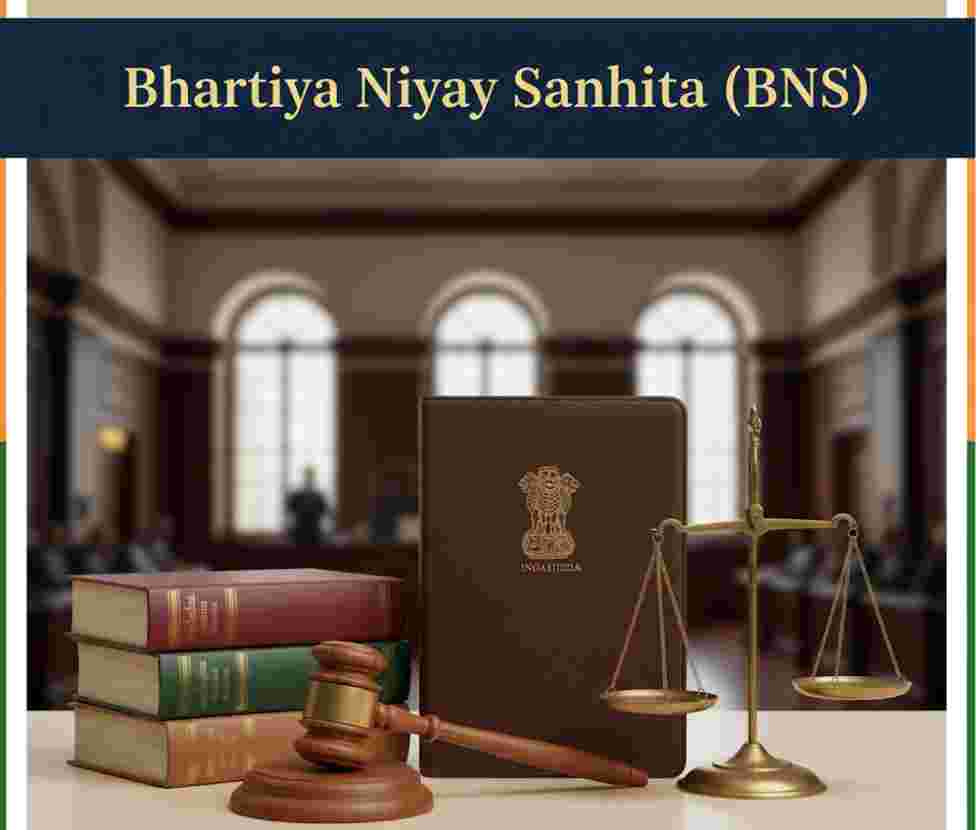
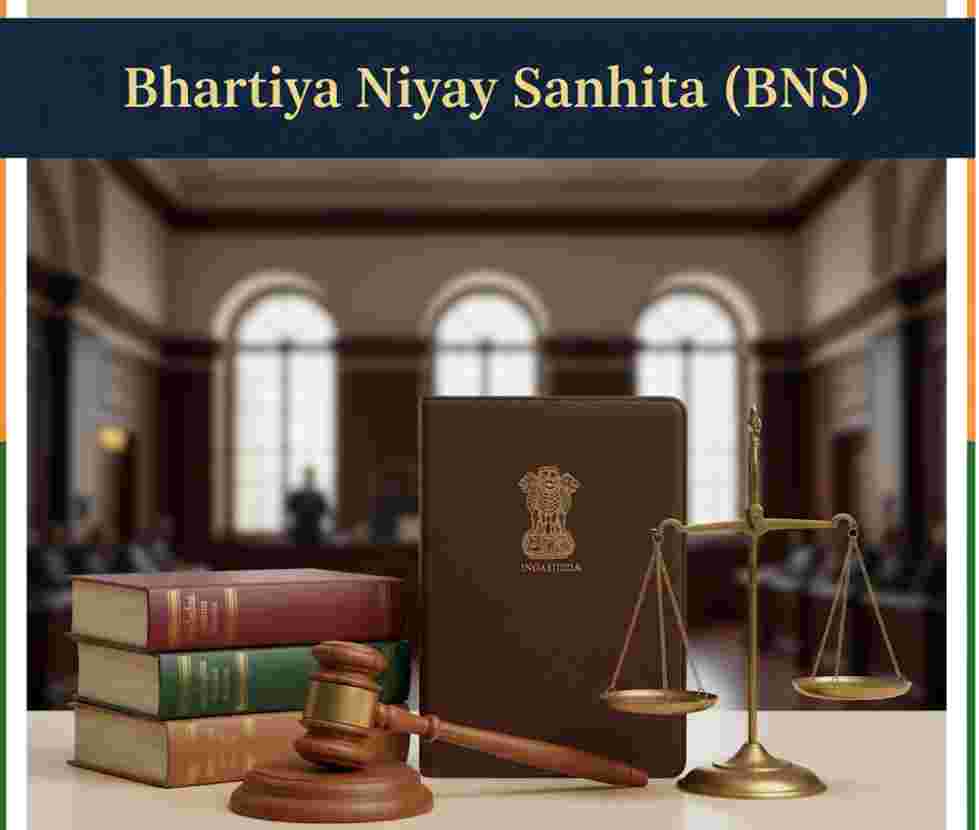
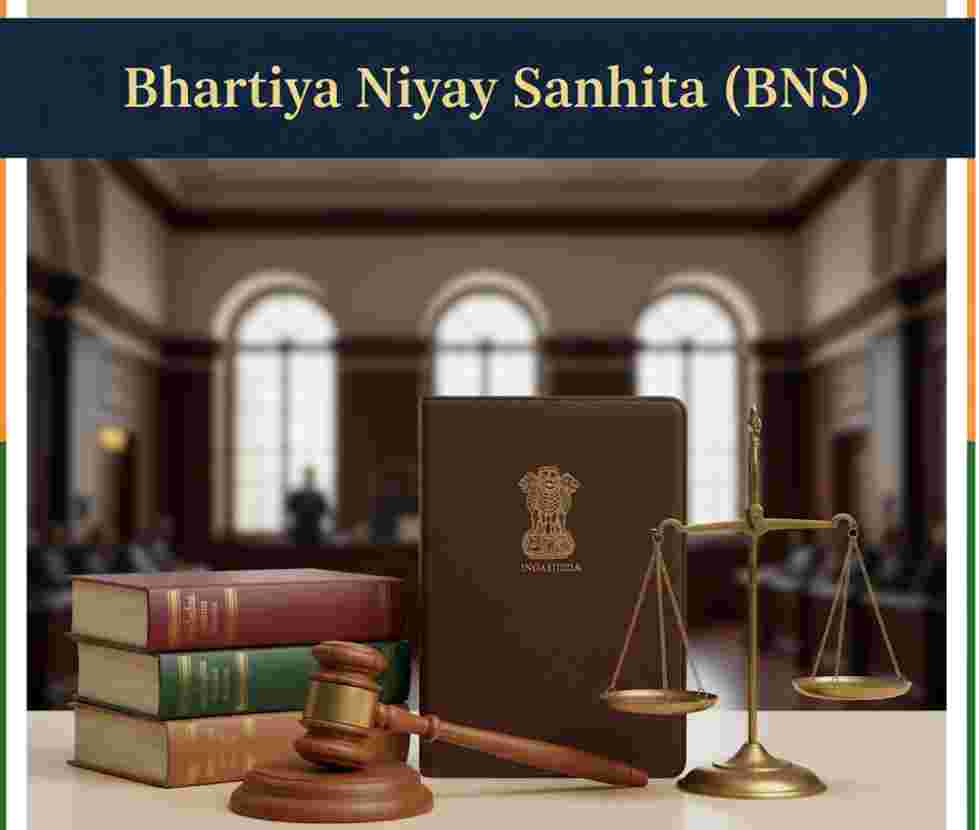
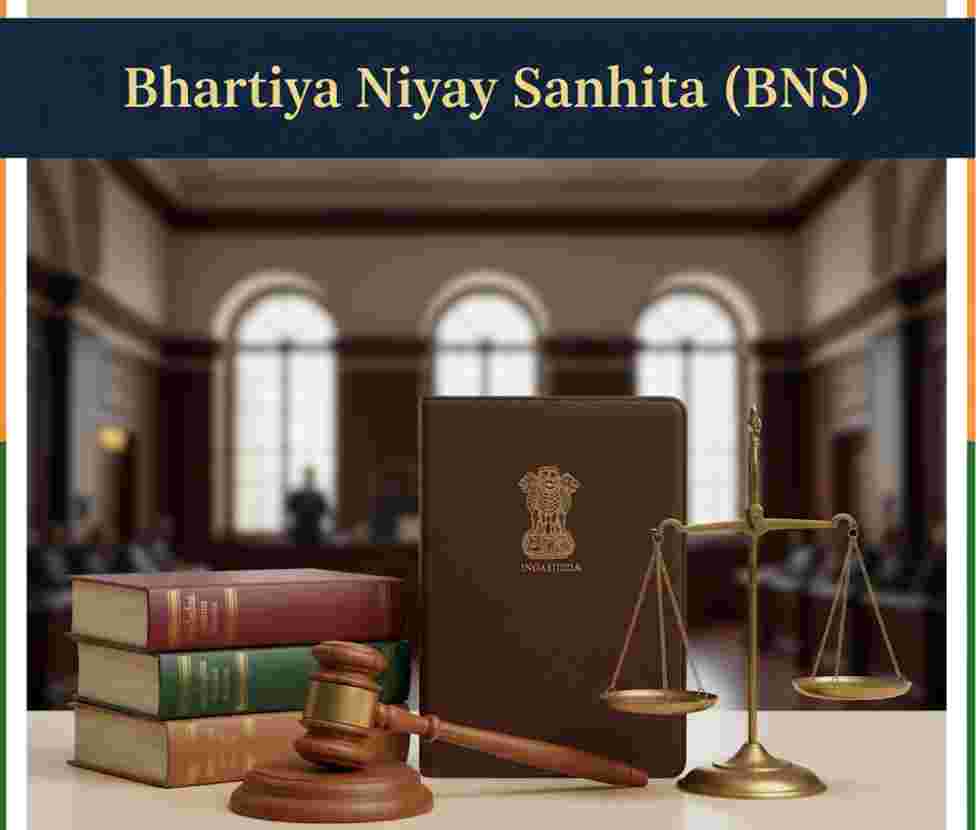
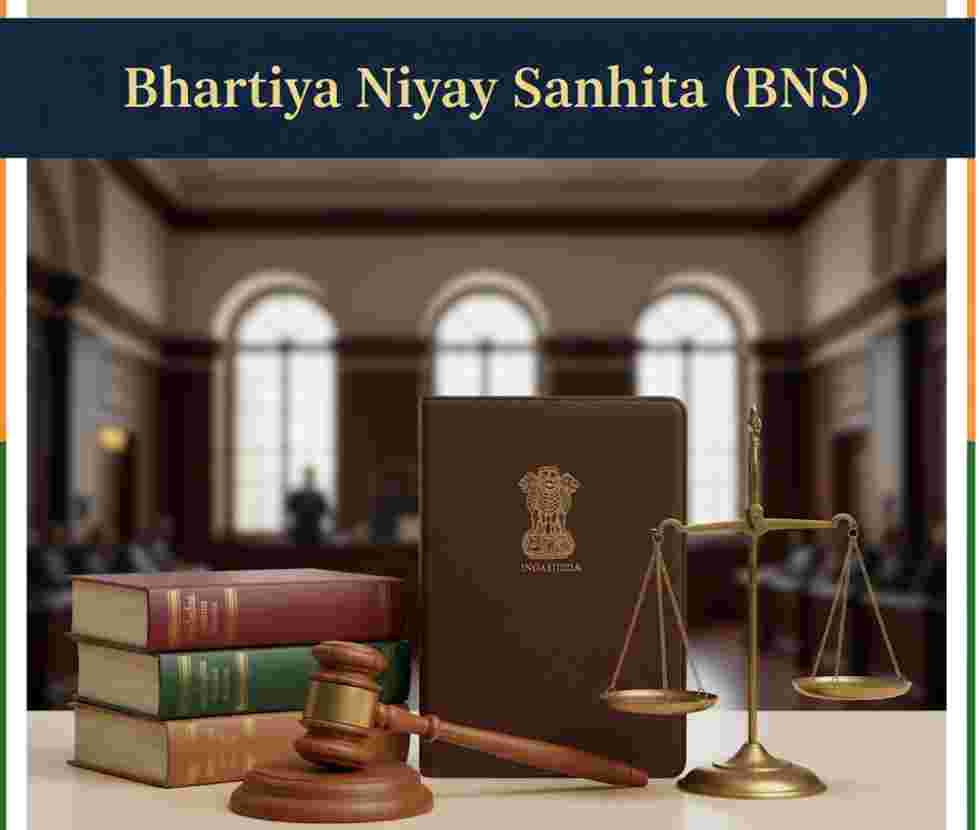
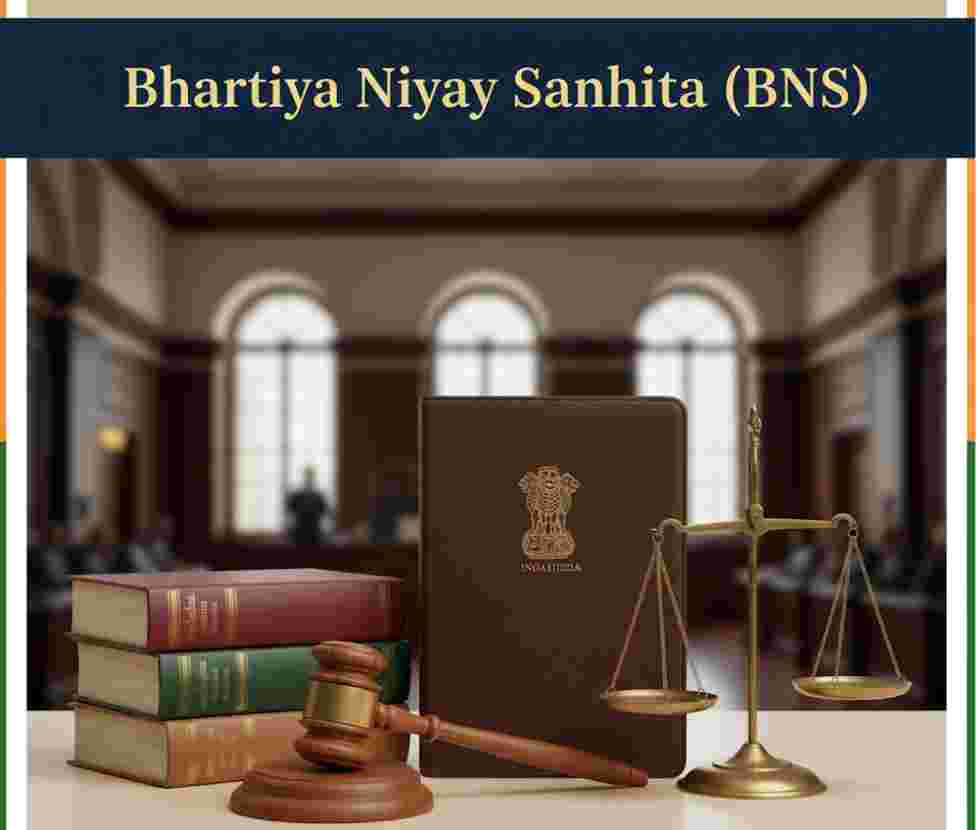
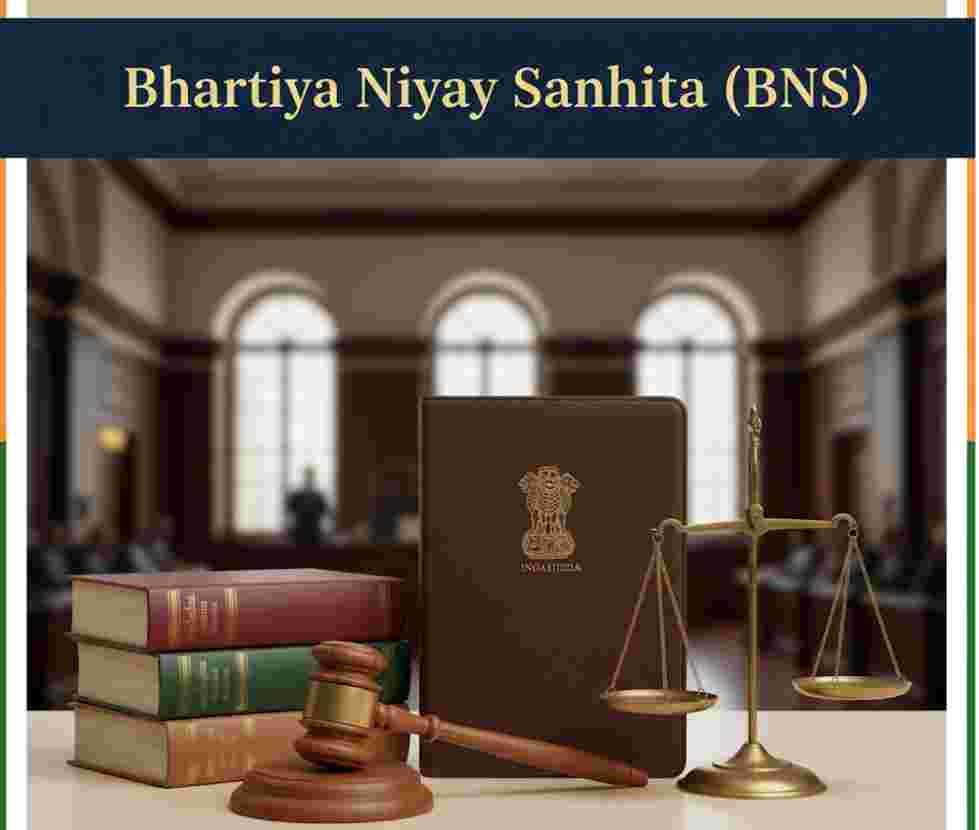
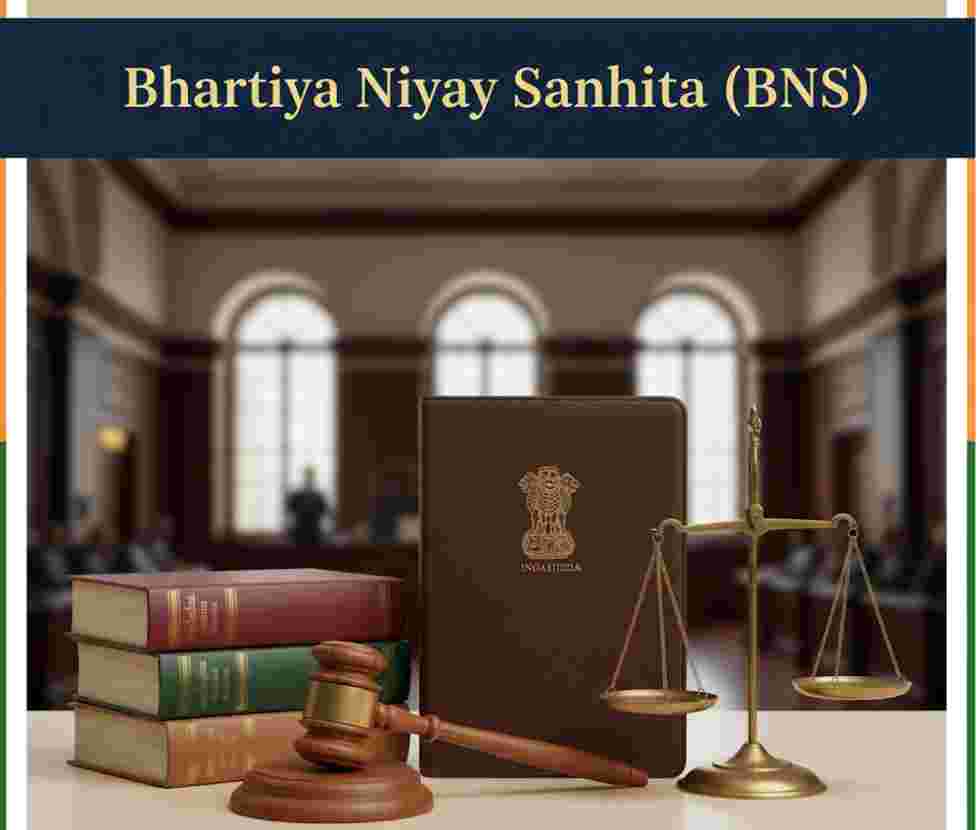
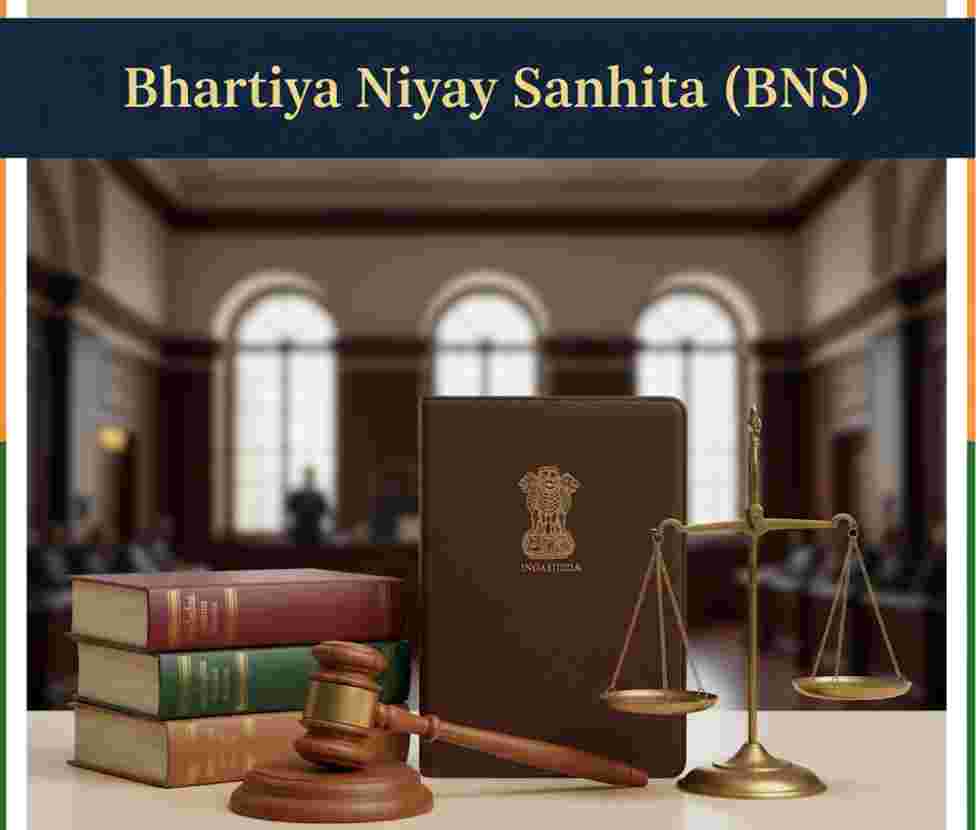
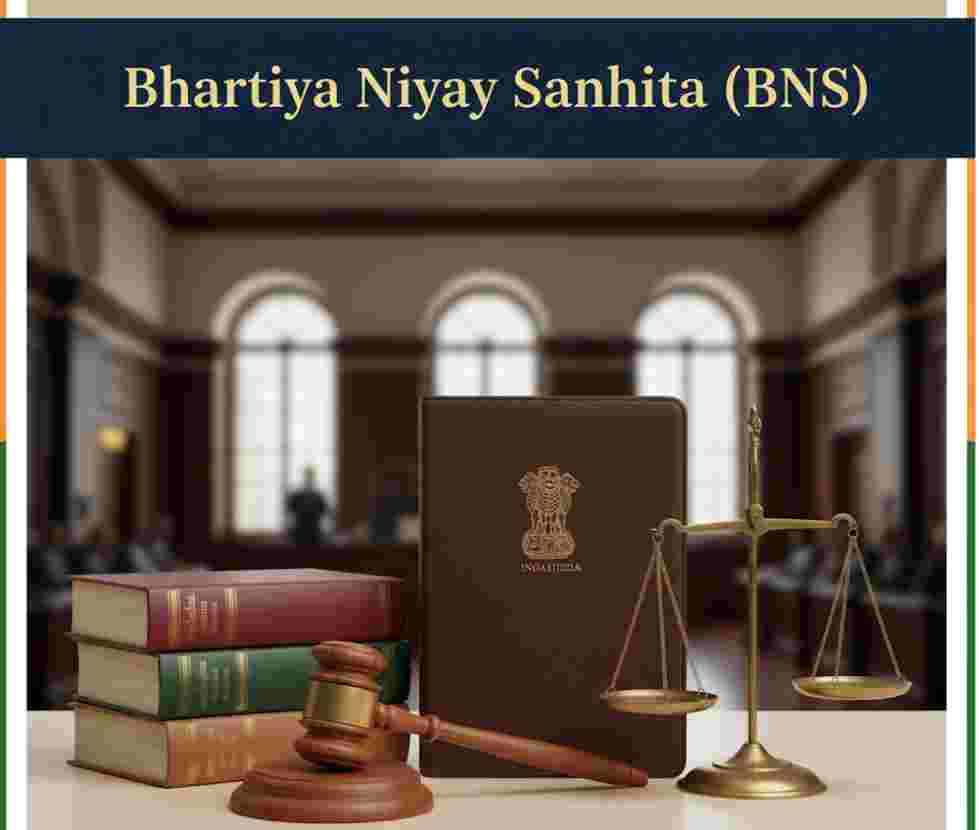
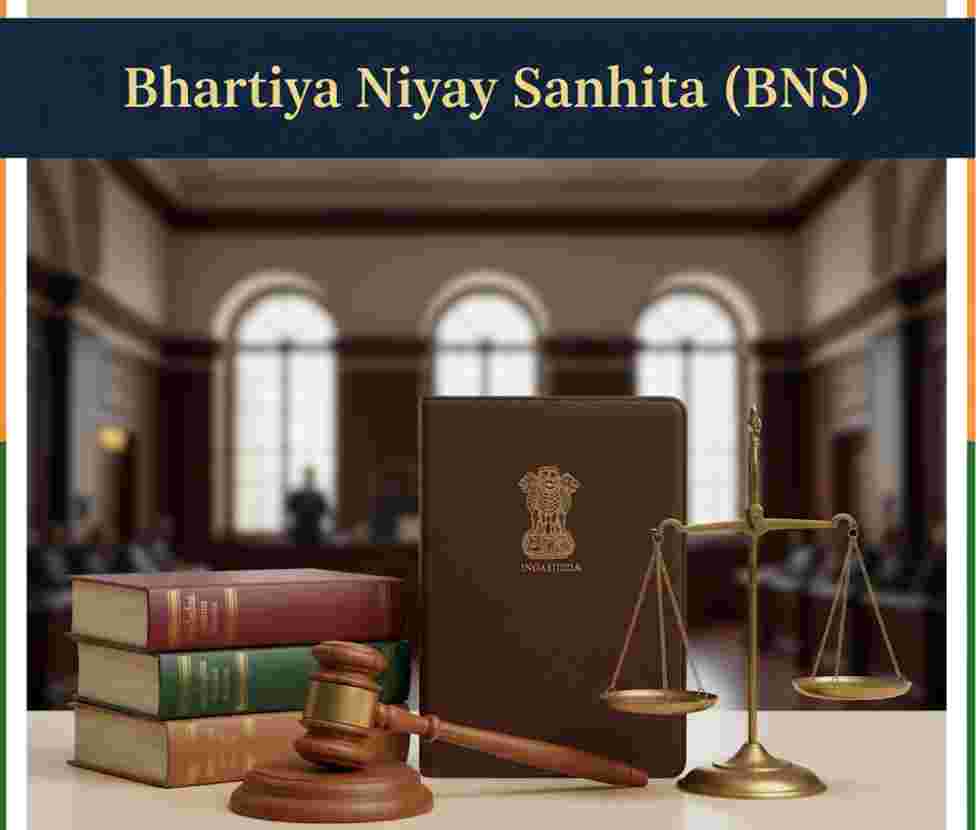
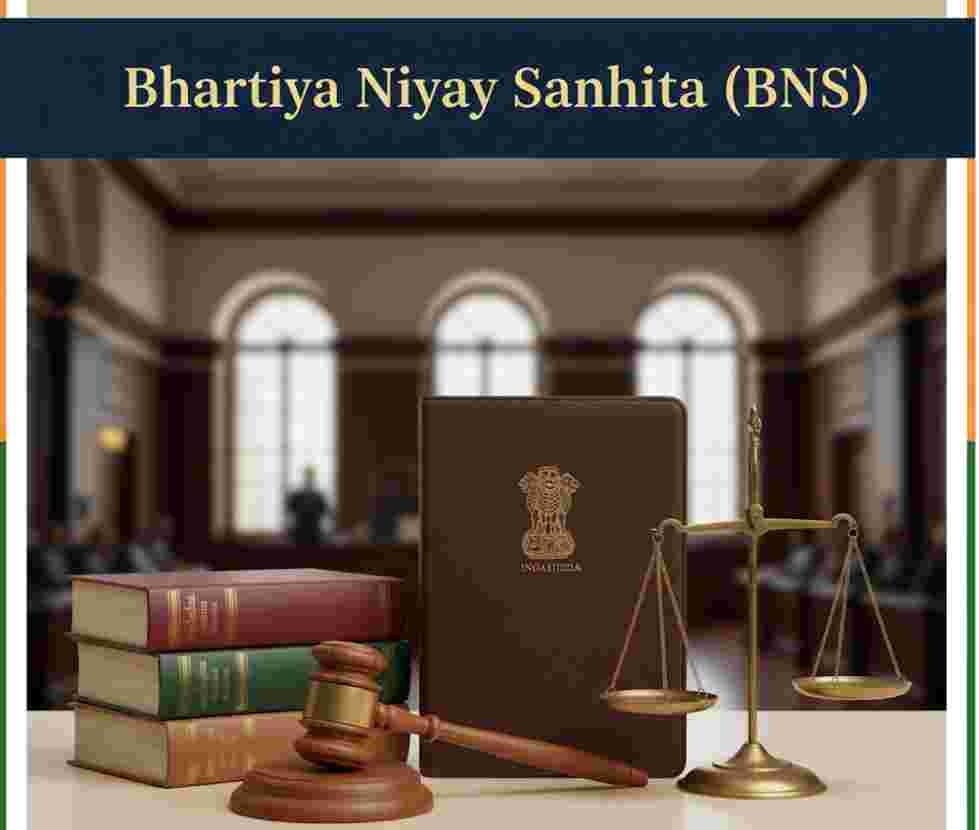

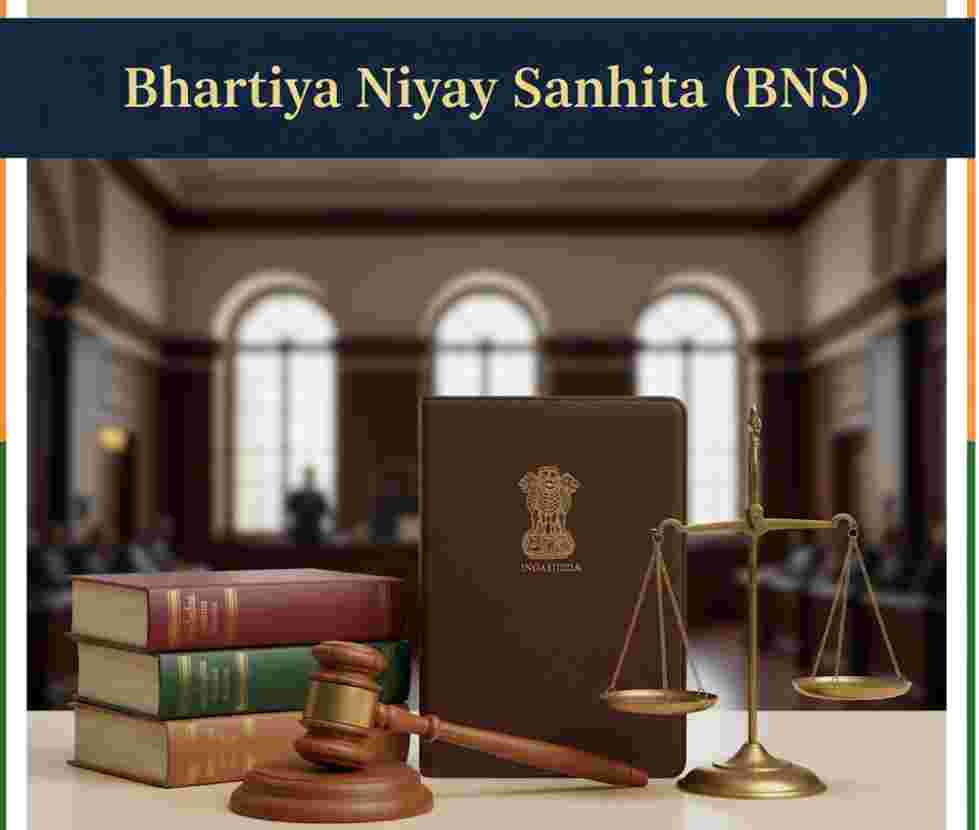
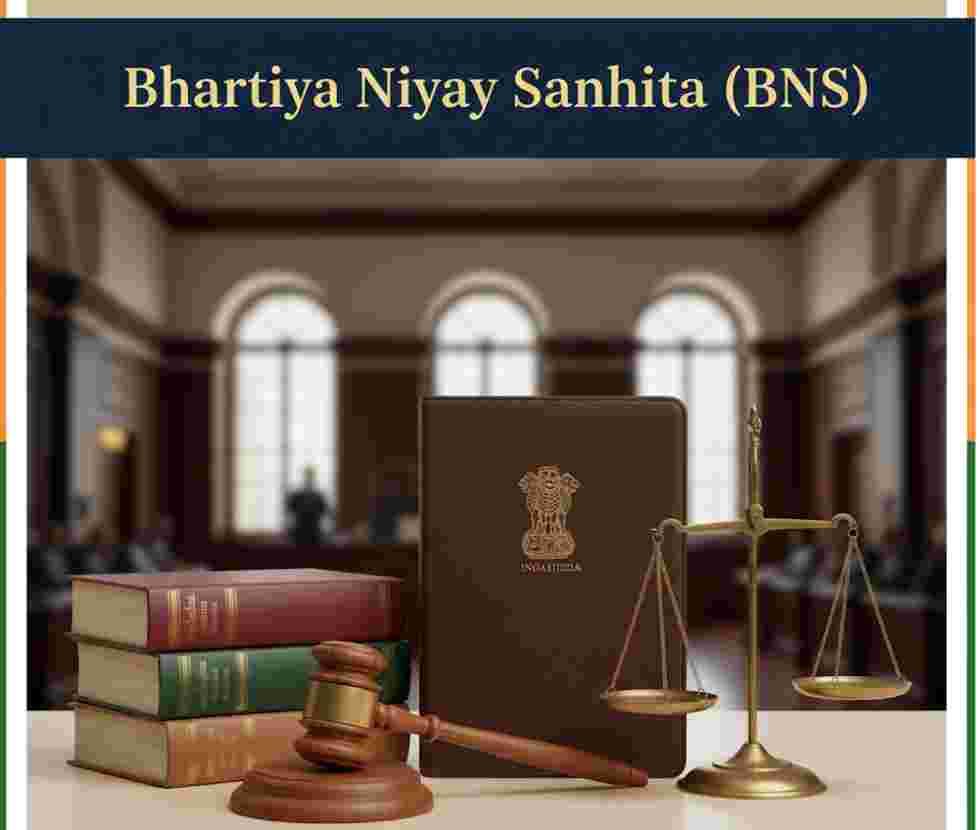
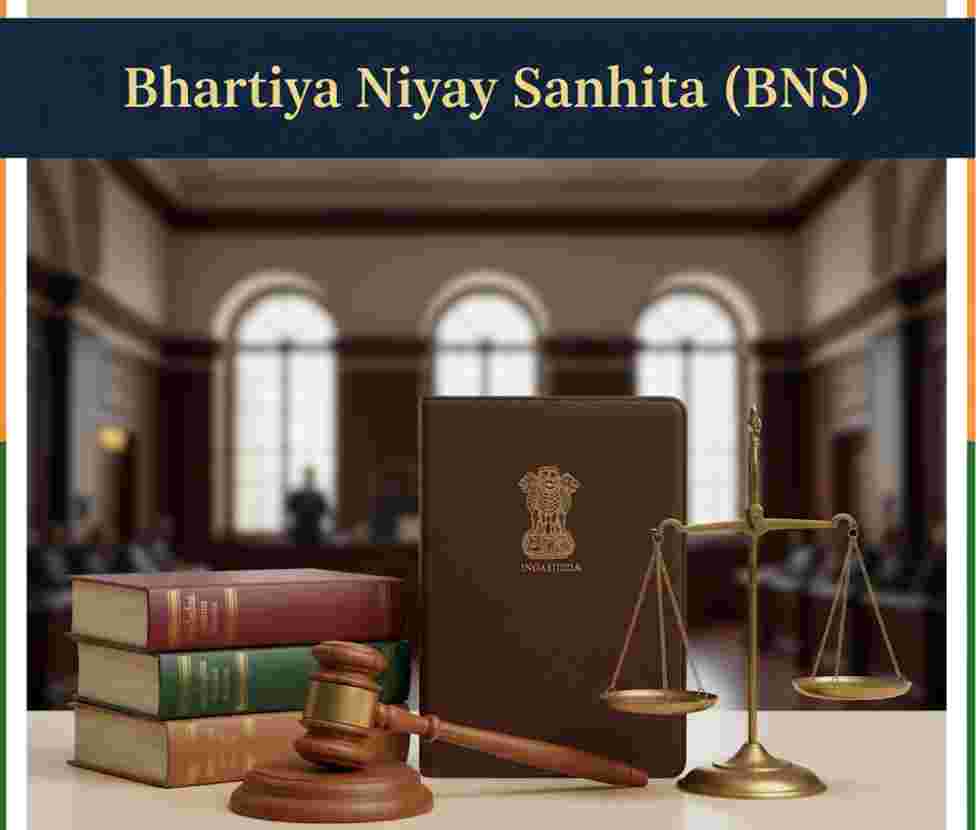
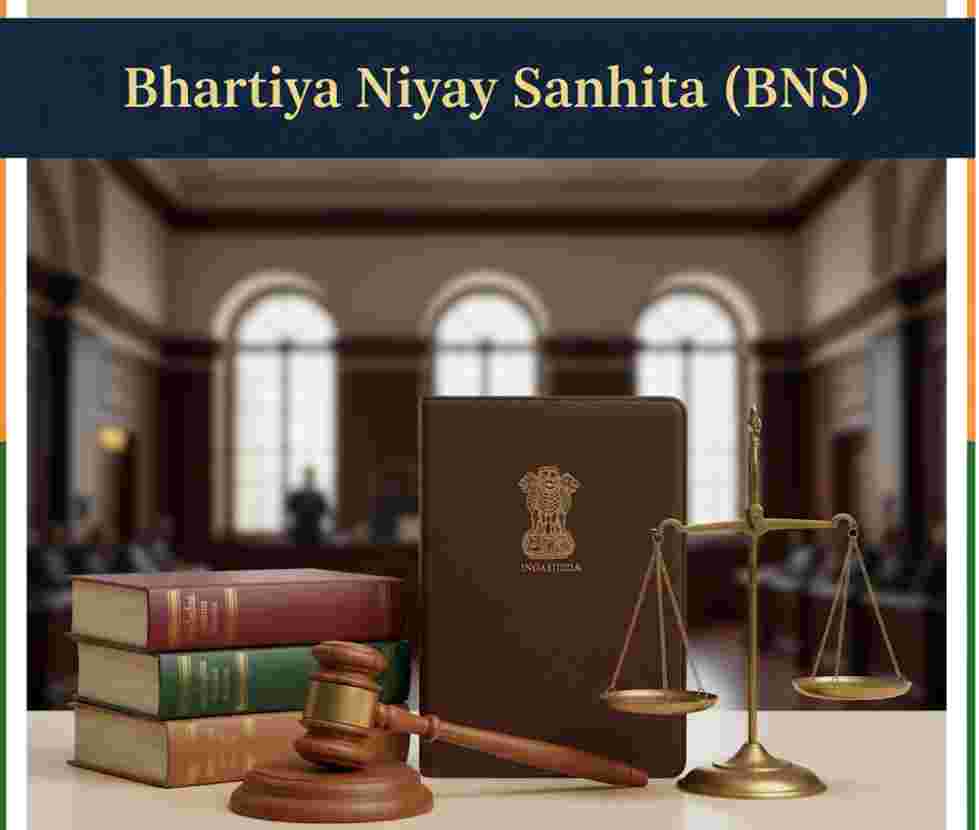
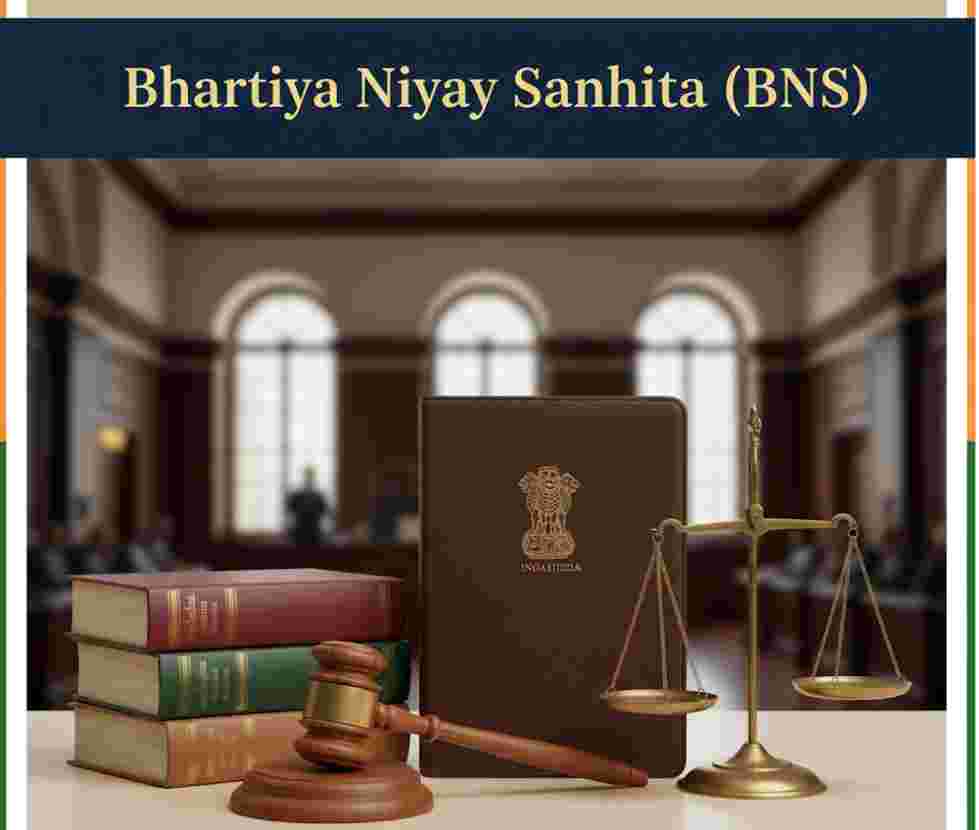
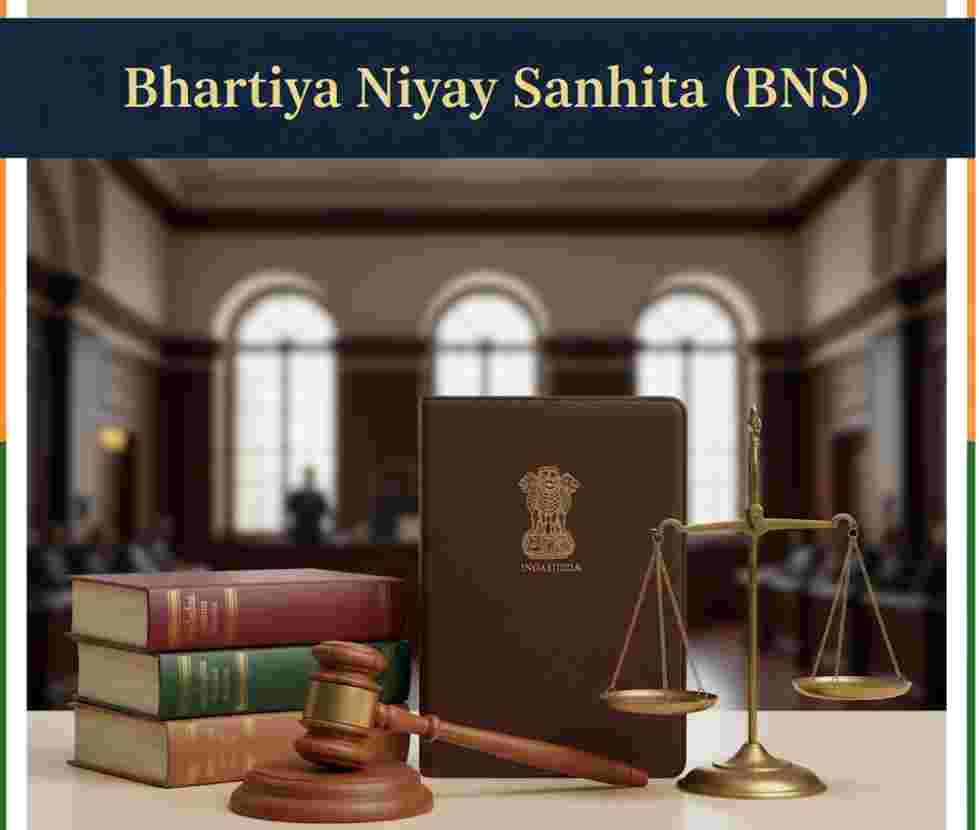
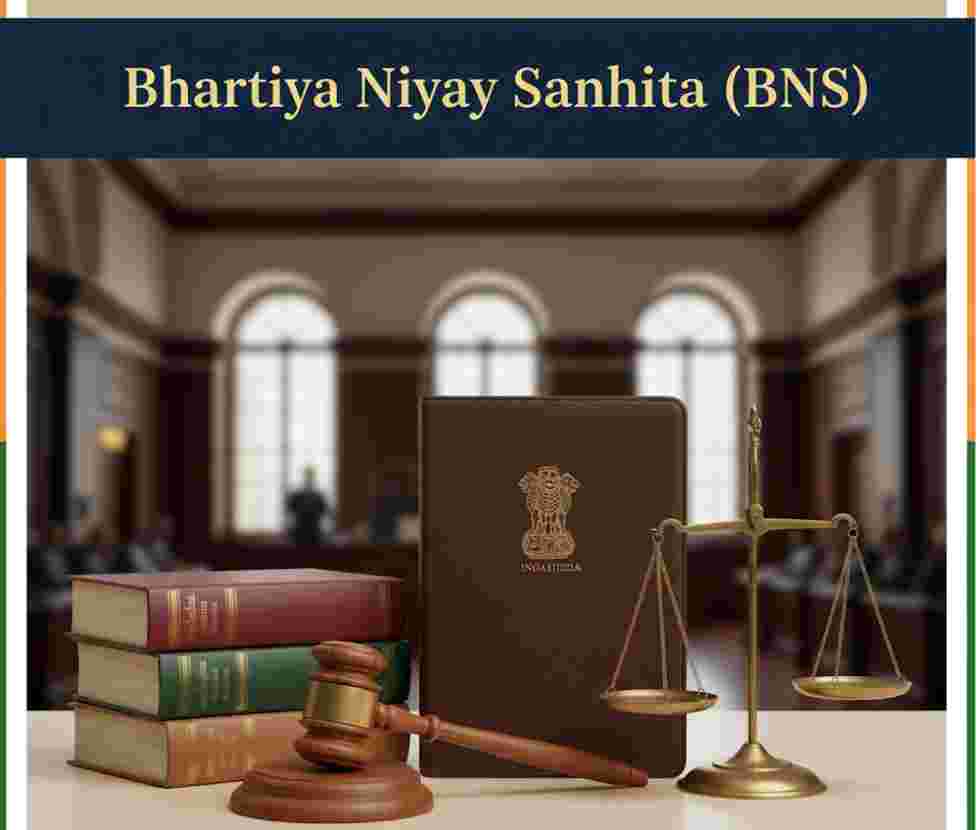
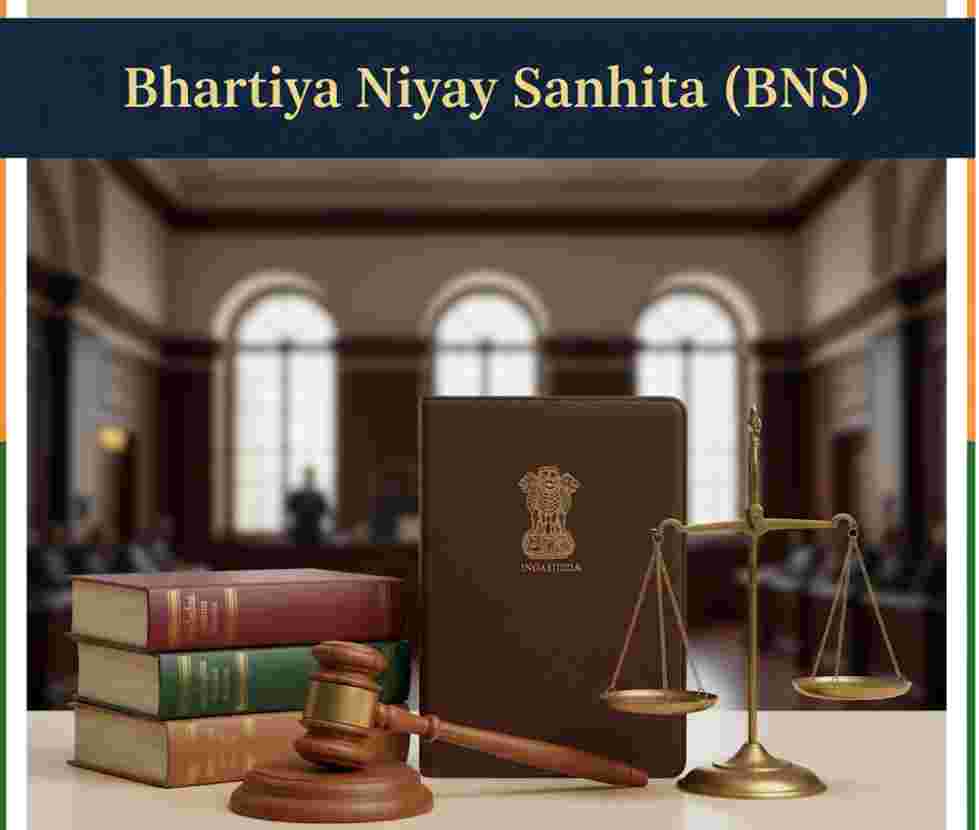
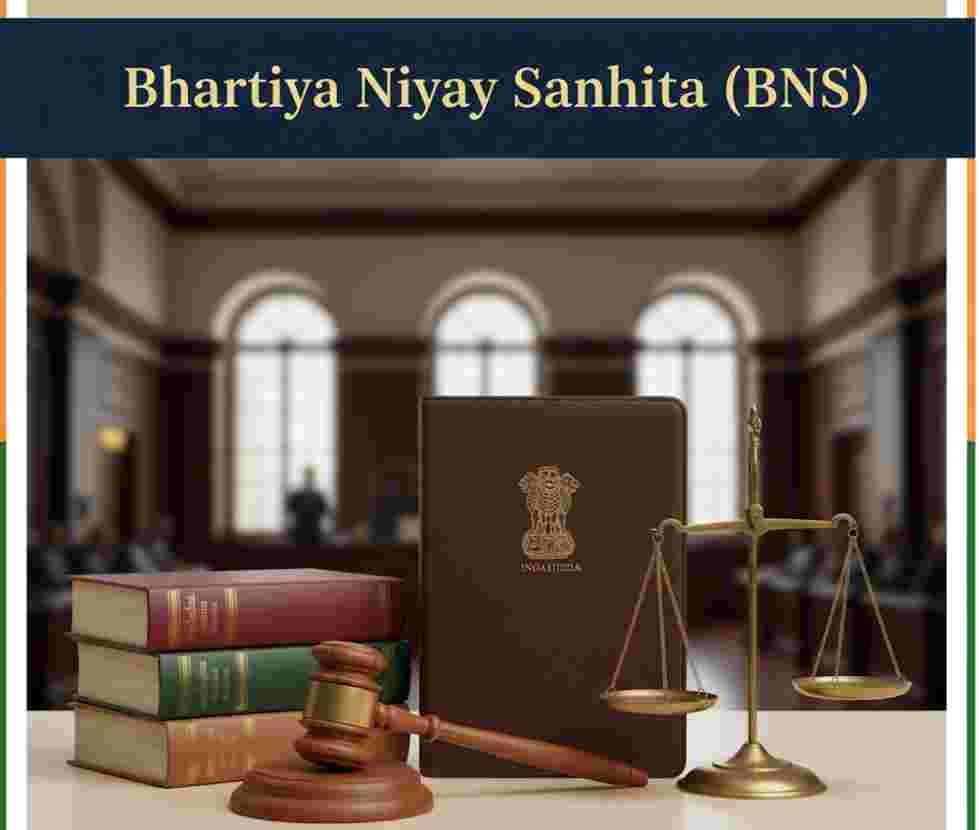
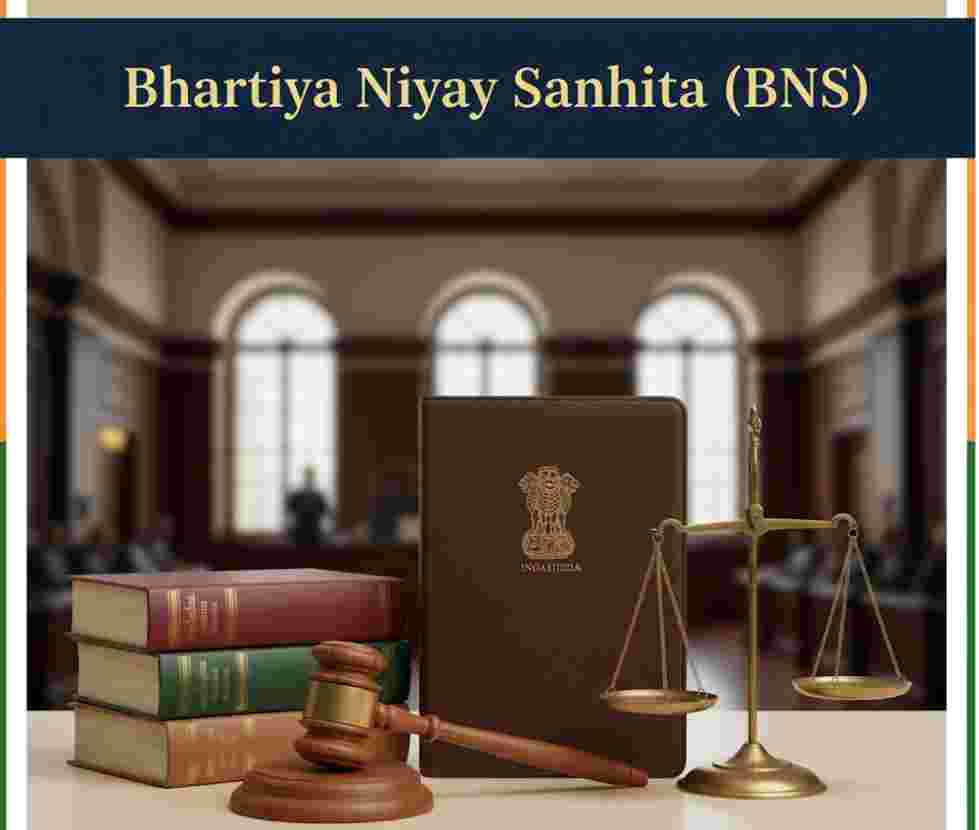
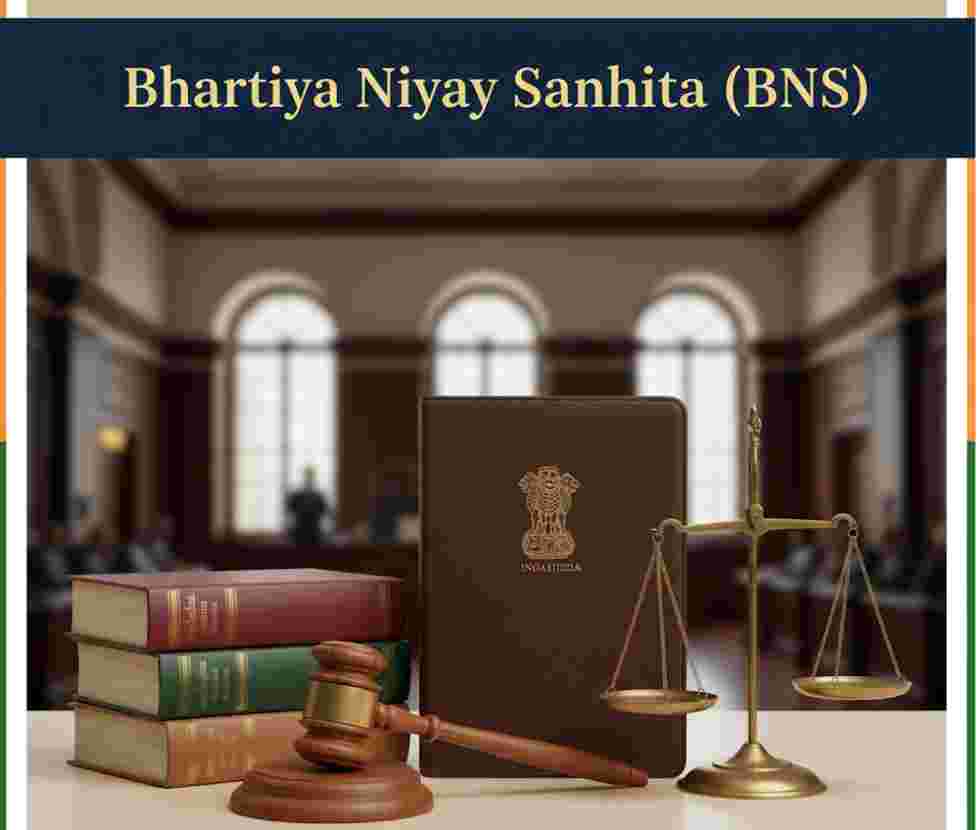
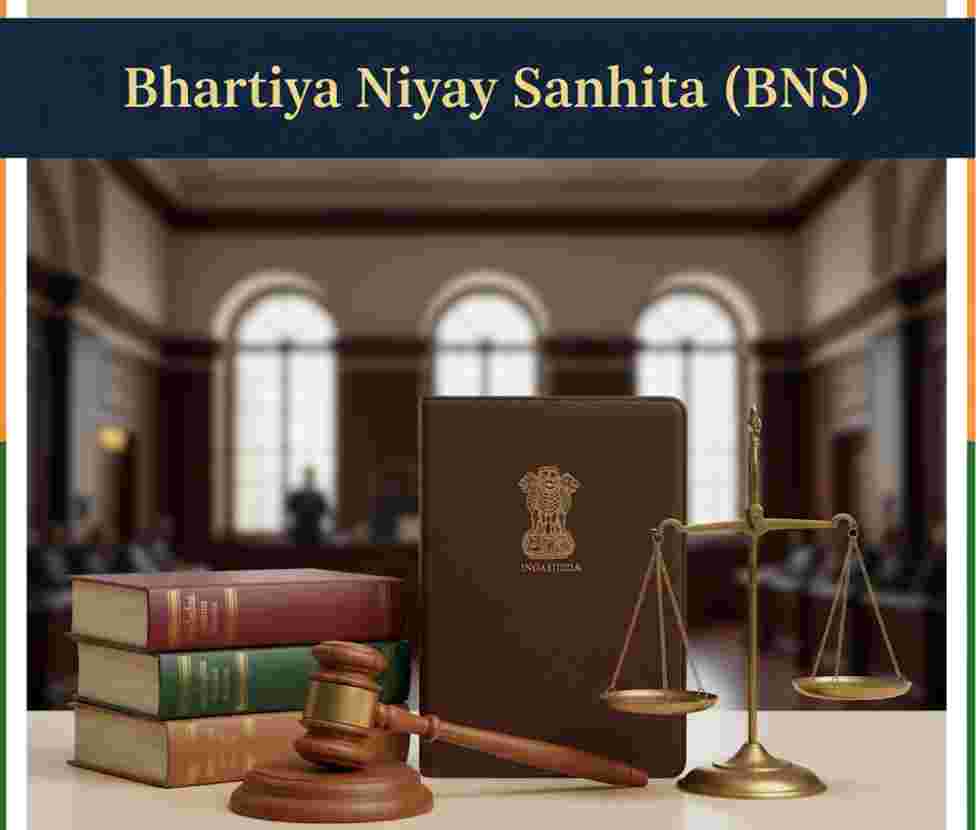














































































































Comment
Nothing for now